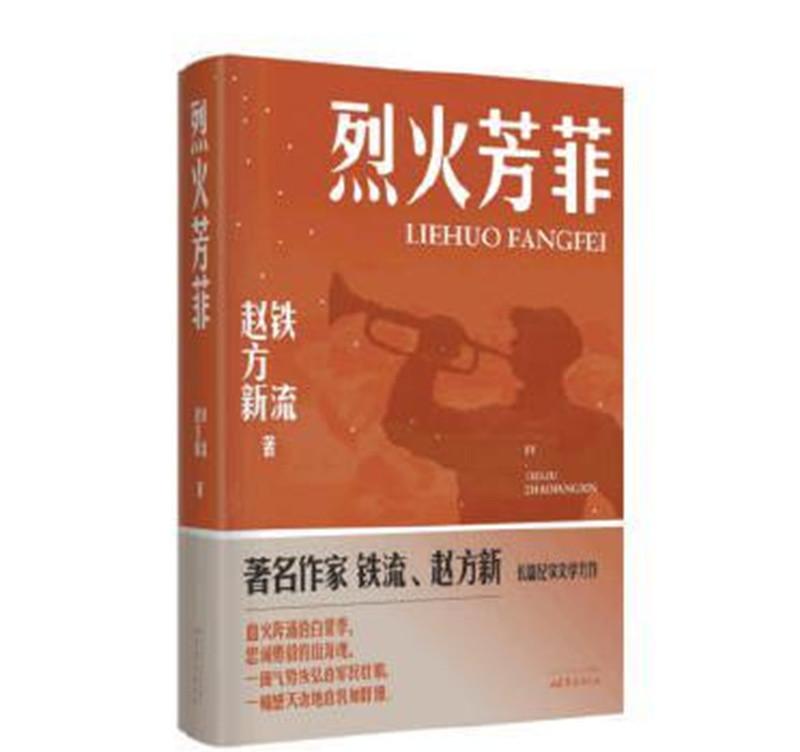Modern Express News (reporter Chen Xi) "Jiaodong Milk Lady" is a bright banner of Qilu red culture and a typical representative of the heroic mother group in the national base areas. The famous writers Tie Liu and Zhao Fangxin spent several years visiting many witnesses and their descendants, and based on this history, they wrote a long-form documentary literature "Agni Fangfei".

△ "Agni Fangfei", by Tie Liu and Zhao Fangxin, Beijing October Literature and Art Publishing House, January 2022 edition
During the War of Resistance Against Japan, in the rear of the battlefield, there was such a group of women, who did not directly participate in the war, but took over the heavy trust, raised the descendants of more than a thousand revolutionaries with their weak shoulders and mellow milk, endured deep suffering in the war-torn era, and interpreted the feelings of the military and the people with practical actions. For many years, they hid this memory deep in their hearts and never told it to the outside world. The author of this book travels to various places to find the prototype of these stories, and with simple and sincere brushstrokes, he has created this group of deeply touching female figures.
According to the author's creation talk, as early as a few years ago, they noticed that there were so many tragic and legendary stories in the land of Jiaodong during the revolutionary war years, and immediately began to collect information. What really made them determined to dig deep into this huge mine was the magic of the subject matter itself for a writer. "When a writer encounters a good subject, it should be a small probability event. Moreover, according to our limited reading range, there is currently no work of the same kind that has an impact on the country, and our work is somewhat filled in the blanks. ”
How to tell the "Jiaodong Revolution Story" well is a big test for reportage writers. "The foundation of reportage is authenticity, and our narrative must stand the test of history, which requires us to deal with the dialectical relationship between authenticity and literature." On many occasions, we have heard readers criticize the poor readability of reportage, and there are reports but no literature. Based on this understanding, they put forward higher requirements for their own writing: they must write a story with living characters and hot stories.